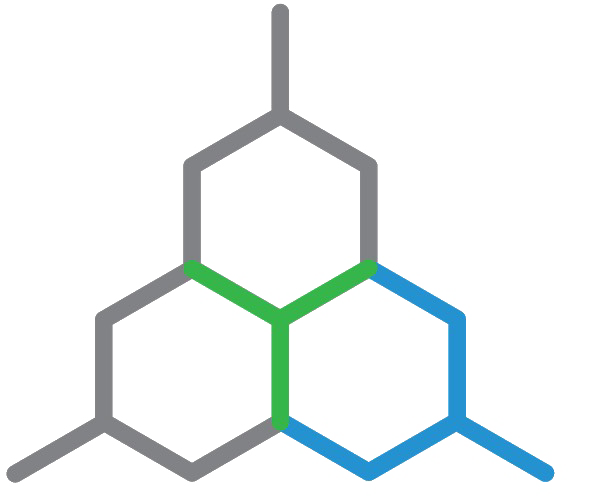Catalyst @ Health 2.0: A Year in Review
The RWJF Emergency Response for the Health Care System and General Public Innovation Challenges Recap
As we wave goodbye to 2020, the team at Catalyst @ Health 2.0 is sharing some of this year’s highlights in a series of blog posts.
In mid-June, Catalyst launched the Robert Wood Johnson Foundation Emergency Response Innovation Challenges. These Challenges, one for the General Public and one for the Health Care System, asked innovators to develop a health technology tool to support the needs of individuals as well as health care systems affected by a large-scale health crisis, such as a pandemic or natural disaster.
The Challenges saw a record number of applications— nearly 125 applications were submitted to the General Public Challenge and over 130 applications were submitted to the Health Care System Challenge. Over the course of several months and with the help of experts and industry leaders who evaluated the submissions, these applications were narrowed down to five and then again until only three teams per Challenge remained. These teams were:
Emergency Response for the General Public Finalists:
Binformed Covidata- Binformed is a clinically-driven comprehensive desktop + mobile infectious disease, epidemic + pandemic management tool targeting suppression and containment of diseases such as COVID-19.
CovidSMS- CovidSMS is a text message-based platform providing city-specific information and resources to help low-income communities endure COVID-19.
Fresh EBT by Propel- A technology tool for SNAP families to address food insecurity & economic vulnerability in times of crisis.
Emergency Response for the Health Care System Finalists:
Path Check- Path Check provides privacy first, free, open source solutions for public health to supplement manual contact tracing, visualize hot spots, and interfaces with citizen-facing privacy first apps.
Qventus- Qventus is a patient flow automation solution that applies AI / ML and behavioral science to help health systems optimize resources for Covid, create effective capacity, and reduce frontline burnout.
Tiatros Inc- The first mental health and social support platform that combines clinical expertise, peer communities and scalable technology to advance mental wellbeing and to sustain meaningful behavioral change.

